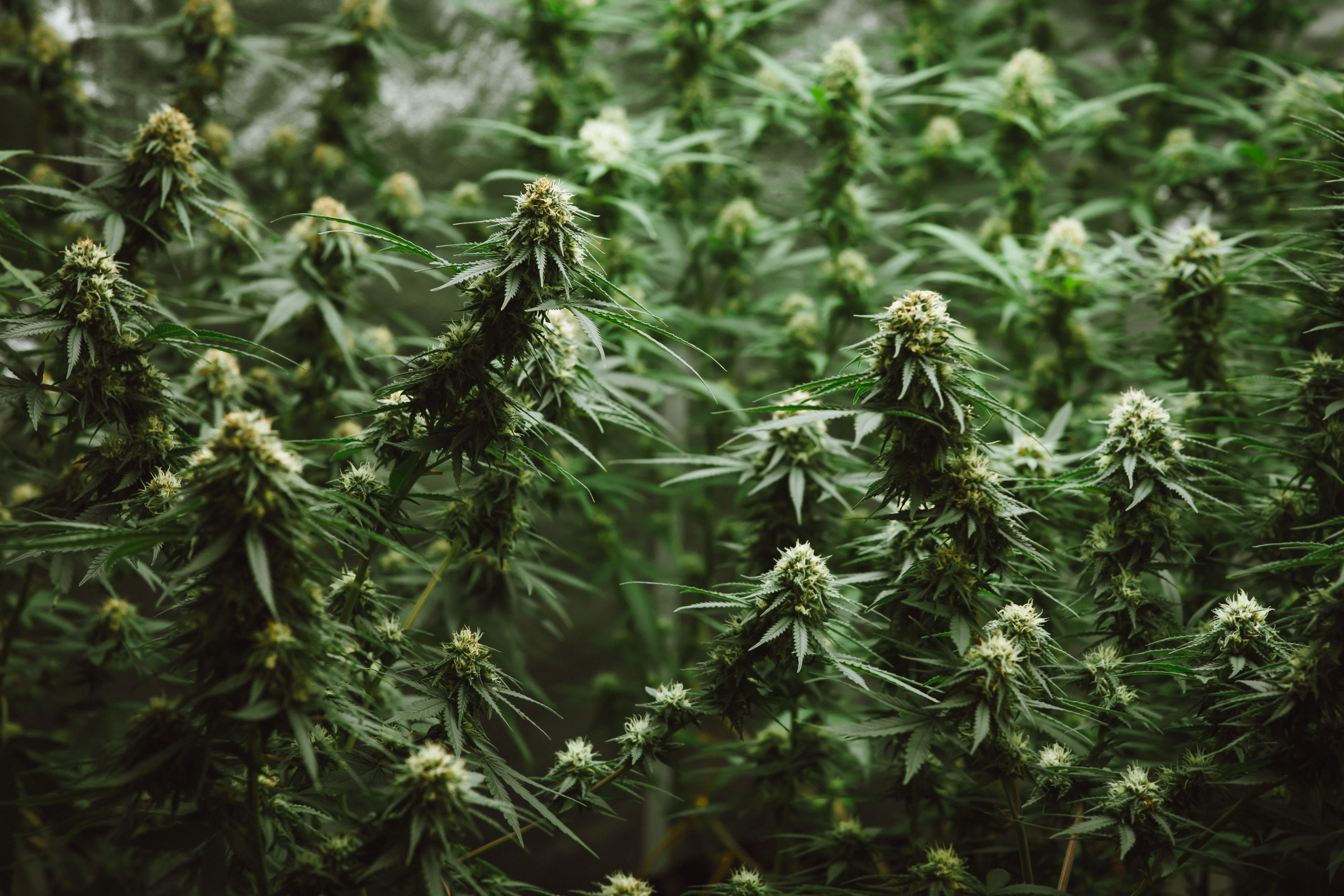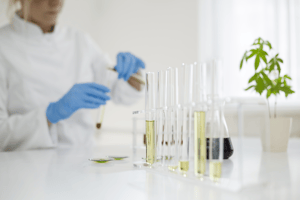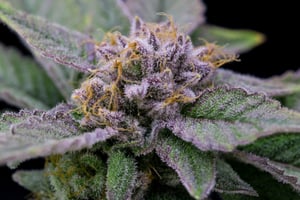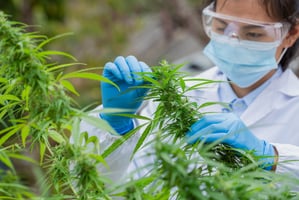To streamline and speed up the UK supply chain of medicinal cannabis, Broughton has launched a set of methods for cannabis batch release testing. Customers will be able to benefit from this service...
How can cannabis growers get a full understanding of product chemistry?

Aug 21, 2024 | Published by Ryan Crompton
~ Comprehensive analytical testing ensures quality, safety, and purity of cannabis flower for medicinal use ~
Medicinal cannabis was legalised in the UK in 2018 for the treatment and management of various chronic medical conditions. Since then it has been prescribed to over 30,000 patients with epilepsy, multiple sclerosis, and vomiting or nausea caused by chemotherapy. As providers of a recognised therapeutic and Schedule 1 controlled drug, medicinal cannabis growers and suppliers must be licensed, and ensure that they are adhering to rapidly evolving regulations, which in turn requires comprehensive analytical testing. Often this is carried out in continental Europe, leading to extended turn-around-times due to the logistical issues that can present. Here Ryan Crompton, Senior Team Leader at Broughton, discusses how growers can streamline the analytical testing of medicinal cannabis flower.
As of November 2018, medical practitioners in the UK can prescribe medicinal cannabis for the management of a number of recognised chronic conditions, and as a consequence the number of legal medical users in the UK is expected to grow significantly. In fact, the UK is predicted to have the second-largest medicinal cannabis market in Europe by 2028, generating a potential revenue of 8.8 billion euros. Anyone wishing to grow and supply medicinal cannabis in the UK must obtain a license from the Home Office, which requires prospective suppliers to prove that they have the knowledge, experience, and track record to produce cannabis products that are safe and high quality.
As the holder of a UK Home Office controlled drugs license, Broughton provides UK-based validated testing services for medicinal cannabis products from its GMP-accredited and Schedule 1 licensed laboratories. This allows growers of medicinal cannabis in the UK or Channel Islands to avoid the need to ship their product to continental Europe for essential analytical testing, saving valuable time and resources.
Broughton’s comprehensive suite of test methods will enable suppliers to build scientific evidence for the compliance and regulatory adherence of their product from a UK base. This will accelerate their time to market and ultimately mean that patients get access to these therapeutics faster, improving public health and wellbeing.
There are some challenges involved in the growth of medicinal cannabis, which must adhere to the same rigorous regulations as other medical treatments. One of these challenges is the consistency of the product, as naturally occurring plants can be variable in terms of their morphology. Broughton’s testing service will give growers insights into the consistency and quality of their cannabis flower, ensuring that their product reaches regulatory standards and allowing them to address any issues or make any necessary changes.
A full suite of tests
Broughton can perform comprehensive identification tests to characterise cannabis flower samples with three types of analysis. Firstly, it can carry out macroscopic and odour examination of the flower, reviewing its appearance and odour against standards in the monograph (Ph. Eur. 3028). A further microscopic analysis provides a more in-depth insight into the structure and cells of the plant. The flower can then be categorised as either THC dominant, THC/CBD intermediate or CBD dominant by using high performance thin layer chromatography (HPTLC).
Alongside these three core identification techniques, Broughton will perform a range of other analyses to ensure the quality, safety, and purity of medicinal cannabis products. Foreign matter quantification and moisture content tests will allow further characterisation of the flower, and high-performance liquid chromatography (HPLC) can determine the total concentration of cannabinol (CBN), THC and CBD.
As medicinal cannabis is intended for direct human consumption, determination of any potential harmful compounds within the flower is also essential to meet regulatory requirements and to provide a safe, high-quality product. Broughton will also provide heavy metals testing using inductively coupled plasma mass spectrometry (ICP-MS). Heavy metals in cannabis flower are impurities that can impact how safe the product is for human consumption, so performing limits testing can ensure that the levels within the plant are safe.
Limits testing can also detect harmful levels of pesticides that may be present to further confirm product quality. In line with the General Monograph for Herbal Drugs (Ph. Eur. 1433), Broughton will offer testing for mycotoxins, pesticides and terpenes, giving customers access to a full comprehensive suite of testing alongside microbiological tests that check for the presence of any potential pathogenic microbes via a trusted third party.
Broughton’s testing services for cannabis flower will give medicinal cannabis cultivators and suppliers the peace of mind that their product is safe, pure, and meets regulatory guidelines, while also removing the need to send their plant abroad, saving time, money, and resources. Allowing customers to access all the tests they need in the UK represents a significant step in streamlining the supply chain, supporting the growing medicinal cannabis market, and getting therapeutics to the patients that need them at a much faster rate.
Find out more about Broughton's analytical testing here.



